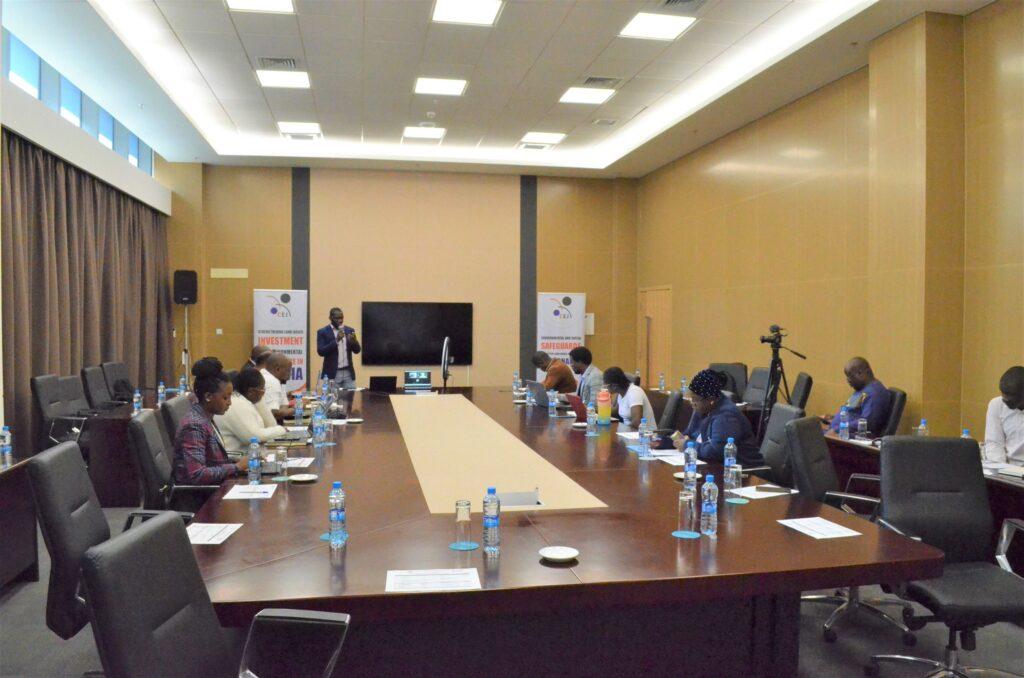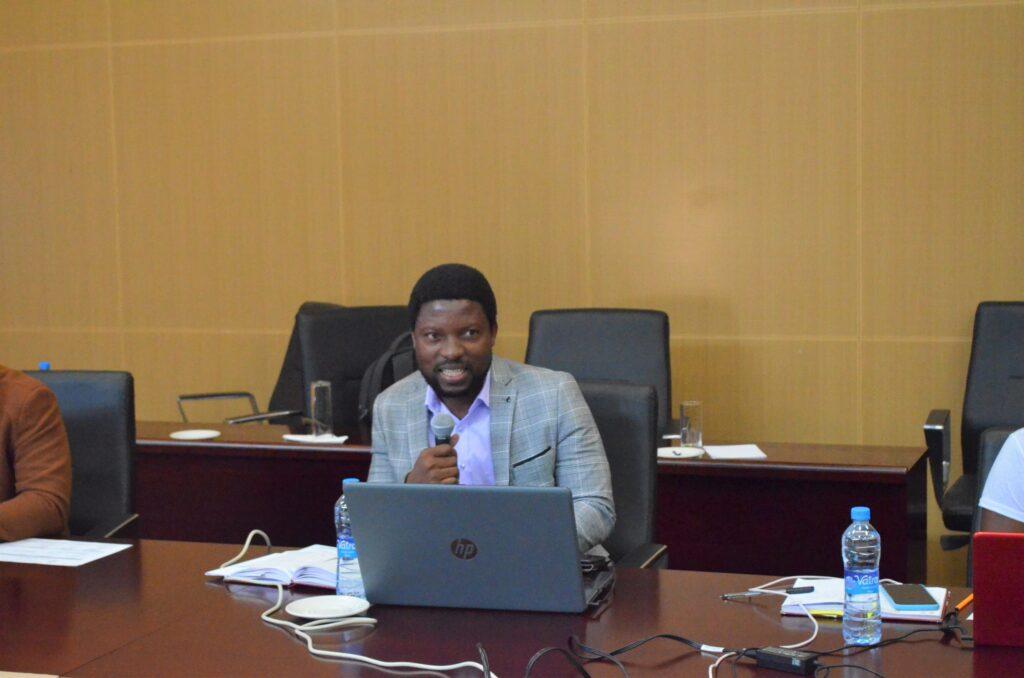Advancing Land-based Investment Governance (ALIGN)

Project Summary
Centre for Environment Justice with support from the International Institute for Environment and Development (IIED) implemented the Advancing Land-based Investment Governance initiative.
The “Strengthening Land-based Investments and Environmental Governance in Zambia” is an initiative aimed at addressing the environmental and social impacts of land-based investments by enhancing multi-stakeholder participatory gap analysis of existing laws and policies that govern land-based investments in Zambia, thereby, promoting better policy decisions and enabling sustainable land-use investments and environmental sustainability in Zambia.
Objectives
To conduct a gap analysis of the Lands Act, Mines and Minerals Development Act and the Environmental Management Act aimed at addressing the environmental and social impacts of land-based investments.
Overall Aim
To identify and resolve current limitations in the existing legal frameworks on land-use investment by facilitating multi-stakeholder dialogues as platforms to inform gap analysis of existing laws and policies (i.e., the Lands Act, EMA, and Minerals Act) to achieving good governance in land-use investments and provide policy suggestions for enforcing environmental and social safeguards.
Expected Outcome
- 15 traditional leaders are capacity built and they share some of the key environmental and social impacts of land-based investments in their host communities. An issue-based paper is developed and presented during the EPD. EPD delegates are informed of the need to strengthen governance of land-based investments and environmental and social safeguards enforcing is strengthened.
- 30 multi-sectorial actors meet to analyse gaps in Policies and laws and a report of actions and resolutions is shared with the target government line ministries. These identified policy gaps shall inform the legislative and institutional framework direction, thereby, strengthening good governance of land-based investments in Zambia.



Project inception and engagement
The “Advancing Land-Based Investment Governance (ALIGN) in Zambia” project aims to improve land governance in relation to investments in the country. It seeks to promote responsible and sustainable land-based investments that protect the rights of local communities, ensure environmental sustainability, and contribute to social and economic development. The project’s inception engagements and findings-summary serve as a basis for gathering information, setting goals, and developing strategies for the project, with valuable contributions from the Columbia Center on Sustainable Investment (CCSI) and the International Institute for Environment and Development (IIED).
Stakeholder Engagements
During the inception phase, a series of stakeholder engagements were conducted with key stakeholders, including the Columbia Center on Sustainable Investment (CCSI) and the International Institute for Environment and Development (IIED), to gather insights, foster collaboration, and understand diverse perspectives. The following stakeholders were involved:
1.Columbia Center on Sustainable Investment (CCSI):
Engagements with the CCSI provided a comprehensive understanding of international best practices, frameworks, and approaches in land governance and investment. These discussions facilitated knowledge sharing and contributed to the project’s global perspective.
2. International Institute for Environment and Development (IIED):
Engagements with IIED helped to leverage their expertise in land governance, sustainable development, and policy advocacy. These interactions facilitated a deeper understanding of the local context and potential entry points for policy and institutional reforms.
3. Government Agencies:
Engagements with relevant government departments and regulatory bodies in Zambia provided insights into the existing legal and policy frameworks, institutional arrangements, and challenges related to land-based investments. These discussions highlighted the need for capacity building, policy coherence, and enforcement mechanisms.
Findings and Analysis
Based on the stakeholder engagements, the following key findings and analysis were derived:
- Weak Governance Framework: The governance framework for land-based investments in Zambia faces significant gaps and challenges, including limited transparency, inadequate community participation, and weak enforcement of regulations. There is a need for comprehensive policy reforms and capacity building to address these issues.
- Land Rights and Community Empowerment: Local communities often face land tenure insecurity, lack of recognition of customary land rights, and limited participation in decision-making processes. Strengthening land rights and empowering communities to negotiate fair agreements are crucial for sustainable and inclusive land-based investments.
- Investor Practices and Due Diligence: Many investors lack robust due diligence processes to assess social and environmental risks associated with land-based investments. Promoting responsible investment guidelines and encouraging investors to adopt best practices can minimize negative impacts and maximize positive outcomes.
- Information and Knowledge Gaps: There is a lack of accessible and reliable information on land-based investments, including contracts, environmental assessments, and social impact studies. Improving data transparency and knowledge sharing will empower stakeholders and enable evidence-based decision-making.
- Multi-Stakeholder Collaboration: Effective governance of land-based investments requires collaborative efforts among government agencies, civil society organizations, communities, and the private sector. Building partnerships, enhancing coordination, and fostering dialogue is essential for developing inclusive and sustainable solutions.
Validation meeting for the Environmental Protection Fund (EPF) research paper and policy brief.
CEJ in partnership with ALIGN implementing the “Strengthening Land Based Investments and Environmental Governance” Project in Zambia.
